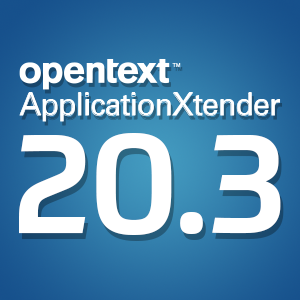Technology a crucial component of modern auditing
Tuesday, October 8, 2013A recently released audit of the city of Woodland, Wash.'s 2012 financial statement revealed what state auditors termed a "significant deficiency," but further investigation placed the blame squarely at the feet of a paperwork snafu and noted that there wasn't any actual monetary loss, according to The Daily News Online.
The most glaring mistake involved a $2 million discrepancy between reported and actual ending cost reserves, the news source explained.
"We sold some bonds and the way it was reported wasn't the way the state wanted it reported," said Woodland Mayor Grover Laseke, as quoted by the media outlet. "We knew the money was there; it certainly wasn't being misappropriated."
Other errors included a $200,000 overstatement of revenues and expenses, incorrect supplemental schedules and differences between original and revised financial statements.
Streamlining auditing with technology
Deploying document conversion services can streamline processes such as audits, as digitized records are much easier to comb through than their old-fashioned paper equivalents. As well as facilitating document management, digitization can actually help mitigate instances of mistakes being made in the first place.
Indeed, a 2012 article written by Bill Carlino for Accounting Today indicated that paperless auditing is the new normal, and auditors need to embrace the latest technologies or risk getting left behind.
"If an auditor is still doing audits with pencil and paper, they are so far behind the curve that they need to consider another career," said Bruce Nunnally, director of accounting and auditing at Carr, Riggs & Ingram, as quoted by the news source. "And if you aren't paperless, you're driving a go-cart in a NASCAR race."
That said, at their core, the process and requirements of auditing remain the same – it's just the methods that have evolved with the times. Auditors who are proficient with technology but don't have the required analytical skills or a solid enough understanding of business operations will flounder, while those with the right characteristics and backgrounds can more easily overcome tech-related shortfalls.
"You can teach people the technical things like standards and technology, but you can't teach someone to think and exercise independent judgment," pointed out Don Pfluger, partner-in-charge of the Auditing Standards and Accounting Principles Committee at CPA and business advisory firm Gallina, according to the media outlet.
"Auditing was and always will be a thinking person's profession," echoed Chuck Landes, vice president of the Professional Standards Group at the American Institute of CPAs, cited by the news source. "A piece of software will never replace that."




